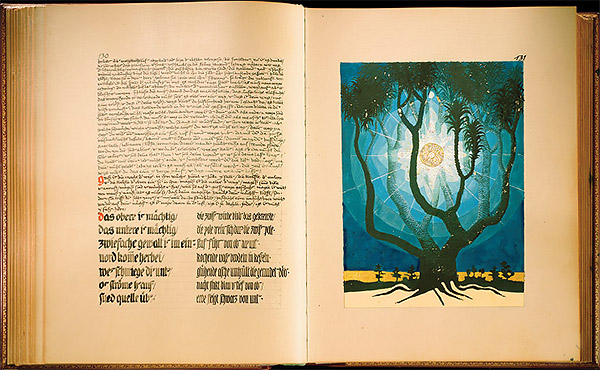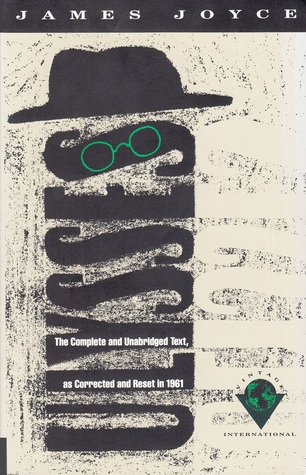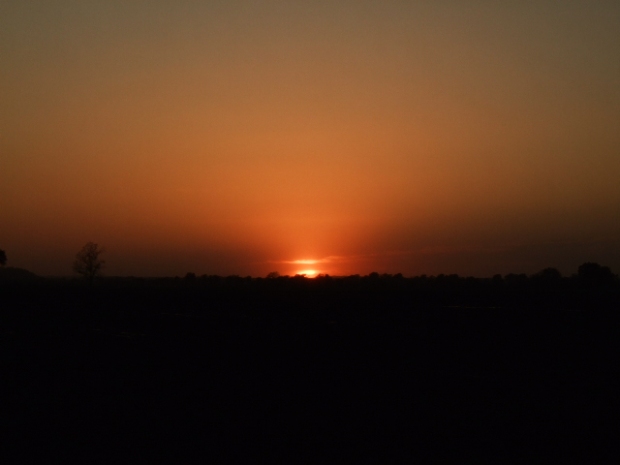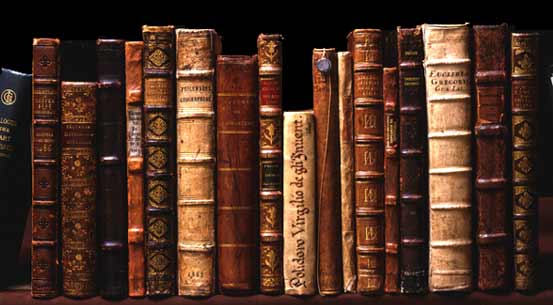…isn’t really fantasy at all. Magical realism, perhaps?
I recently re-watched Constantine (starring The Man of One Face: Keanu Reeves), where the protagonist spends his life fighting to keep the balance between heaven and hell via magical relics, know-how, and insight into traveling to hell and back. He’s dark, brooding, quippy, and so self-destructive he’s dying of lung cancer. It’s a delve into what I consider magical realism: people, many people, believe wholeheartedly that the ability exists (even if it’s only for one person) to… insert random miracle here. Be it travel through hell, talk to the dead, turn water to wine, transform into a totem-animal, talk to rocks, converse with ancestors long dead, see auras, dowse, possess another person/animal.
A lot of people don’t. And that’s cool. A lot of people pursue religion as a form of self-government, so instead of spending the time to understand themselves, they look to religion: “This is bad (according to the Book), so I won’t do it.” It also kills multiple birds by creating a community of similar-thinking people, which reinforces the feeling of “this is right.” Which is cool. That’s what certain governmental bodies do. And we’re governed by many circles, be it personal, family, friends, religion, spiritual (separate from religion), communal, work, local, federal, world. And that’s just what I pulled off the top. This is a digression and I’ll stop it now. I’m trying to show how this also holds its own forms of power: any single one of these bubbles could specify “this is bad” and a person follow it simply because, well, someone says to. Even the “personal” circle. Which in itself is a form of mind control.
I had a simple purpose when I began writing twelve years ago: have fun, connect with people, share my thoughts. It’s still the same purpose, albeit a little evolved. My thoughts developed into something a little stronger: magic is real. Some magic is real. Not all. Magic Missiles and two hundred foot orc giants with enchanted tree trunks for armor isn’t. Science keeps trying to say it has all the answers worth knowing (while people touting Science as the new religion also try to say, like a marijuana enthusiast, Science has ALL the answers), but it doesn’t. Neil deGrasse Tyson recently said, “That’s what’s so great about science. You don’t have to believe in it for it to be true. It exists without your permission.”
Mostly.
I know enough about Science to know the importance of “observable” and “human fallacy.” I’ve been reading about human beings having more than five senses. More like nine. Pressure, balance to name two. It really doesn’t matter how often Science revises what truths it accepts as fact. What matters is it’s always changing in its definition, always updating its databases.
Next, to define science into two subcategories: hard science (physics for one) and soft science (psychology for two). I know too many well-meaning Science worshippers who put it all together. Soft sciences, the stuff our thoughts are made of, the stuff of our dreaming, of our extra-sensories, of our deeper knowledge, of our abstract pattern recognitions, is very wide open and mostly unexplored, despite the 100 or so years we’ve had to study it. Why? Unobservable. Or, difficult to observe. Assumptions based on calculations and patterns of tests.
Magic is a soft science. In fact, eventually, all that “magic” will fall into some sub-sub category of either a sense or quirk of one or two chromosomes in some errant mutative family line (or, you know, something a person develops through meditation and a proven set of practices). Since our realities are subjected to the extent of our senses, there is nothing–absolutely nothing–to say I can’t dream another person’s dreams, for example. Or travel a place constructed wholly of peoples’ thoughts, over time, like a great big living world placed overtop our own. Or fight constructs of modern religion with sheer self-certainty alone.
We all give off energy. That’s a fact. We exist because of it. Byproducts of processes going in in our bodies. We can’t see it. We assume the effect of said energy release is negligible to our surroundings simply because, since we can’t see it, it doesn’t exist.
I find a new awakening going on, in this culture. In this society. A long, long time ago, during the time of the birthing religions (200 BC to, say, 1000 AD), the understanding exploded of a second, third, and perhaps even fourth sublayer above the Real. This is the stuff of the new old religions. It is the backbone. Now that religion is failing so many people of this time of “Scientific Certainty,” they’re turning to Science and Atheism. Which is cool. They do their thing. As long as they aren’t killing in the name of Neil deGrasse Tyson, it’s all gravy.
The New Reformation, I guess, comes. Or a Second Enlightenment. I’m only sorry I don’t get to know it fully.
So the magic I use in my writing comes from a deep place, a sub-tonal to the writings of Matthew, Mark, Luke, and John, and the Gitas, and the Books of the Dead, and whatever else. It comes from a constructed place–a governing place similar to those I listed–where the reality is multi-faceted, science is currently too short-sighted to involve itself, and energy talks with the voice of long-dead preachers. The magic I use is energy, plain and pure, built up on the shoulder-plates of imaginative thinkers and socio-pariahs like Einstein and Twain and Jung who, in another century (or life), would be heralded as prophets or even gods.
My brand of fantasy magic comes from the coupling of intelligent thought and passionate realization, of fever dreams and deep stillness. My brand of magic is the extent of the human condition, of spirituality that exists for itself, of ripe power sieved through governing filters. And that’s just in the reality.
In my writing, it collects the results of What Ifs and runs tests until the pattern is undeniable in its repetition.
Sorry. Magic is a lot of things. For me, it must stem from reality. It must stem from science and its branches are religion. Its fruits are you and I, the readers and writers, and it’s more than simply an axe-like tool. It’s a whole undiscovered place, like a continent with slightly different rules. It’s a way of breathing. It’s a way of bleeding. It’s a way of interaction.
It’s so. Fucking. Sexy.







